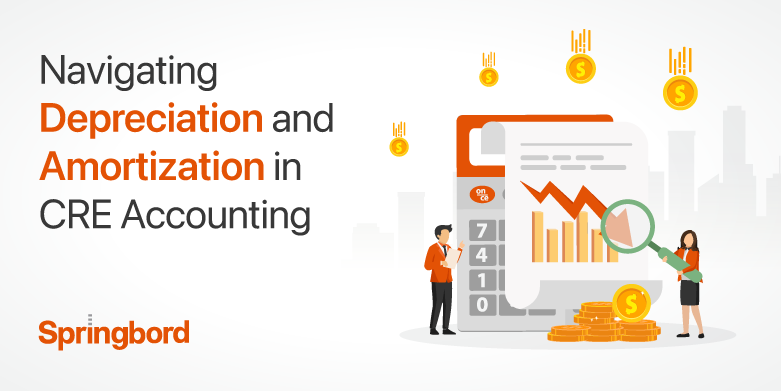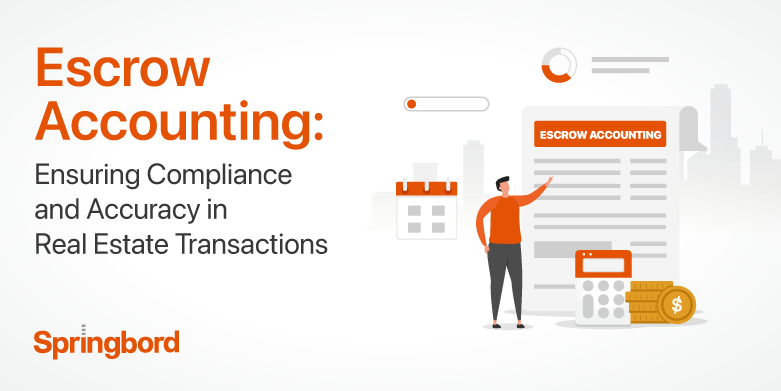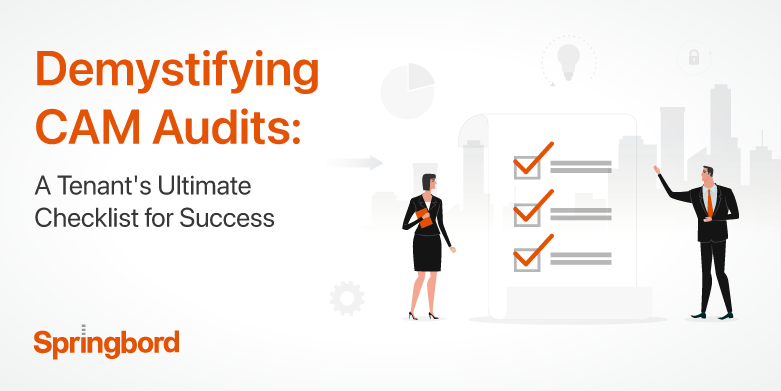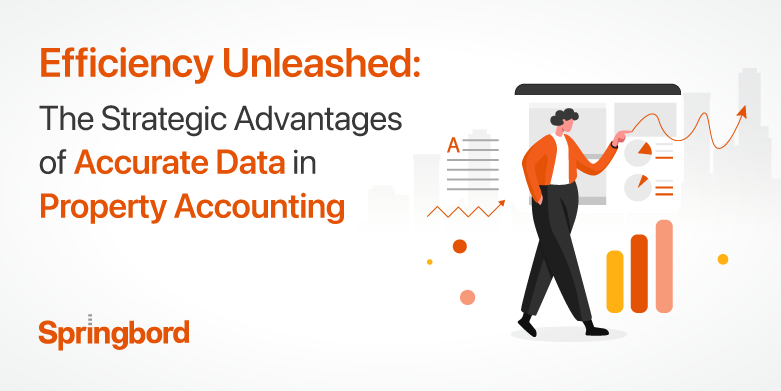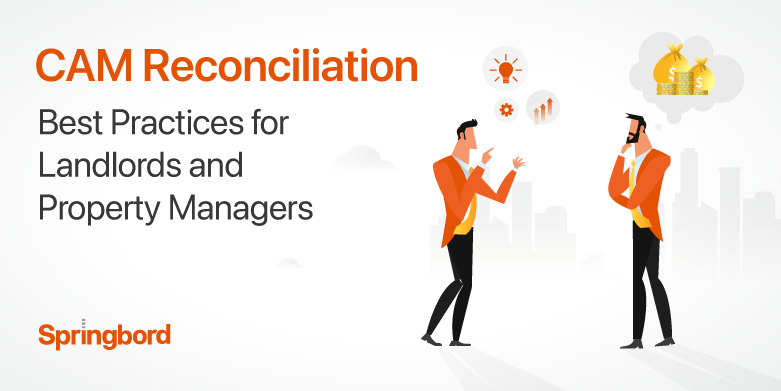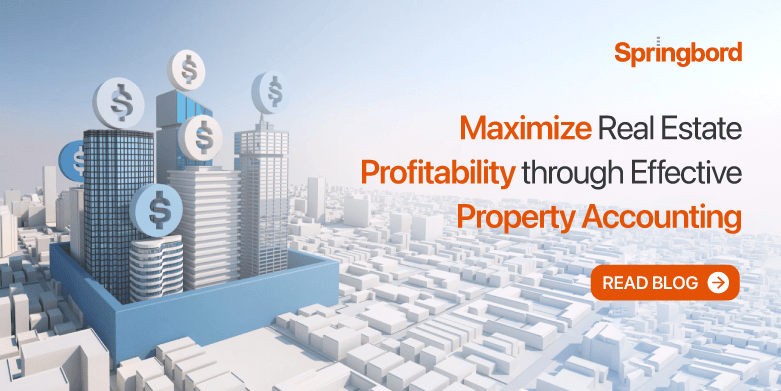M
E
N
U
Importance of Depreciation and Amortization in CRE Accounting In the realm of commercial real estate (CRE) accounting, depreciation, and amortization stand as pivotal concepts, especially considering the increasing complexity and sophistication required in CRE investments. These accounting methods allocate the cost of an asset over its estimated useful life, reflecting a more accurate picture of
End-of-year accounting is crucial for real estate portfolios due to the complexities and challenges inherent in property accounting. This practice encompasses tracking income and expenses, providing a clear overview of each property’s cash flow, and is vital for tax payments and audit preparations. Accounting for real estate is essential whether for small-scale property management or
Escrow accounting is vital in real estate transactions, providing a financial safeguard that ensures compliance and accuracy. This is crucial because the amount of money held in escrow can be quite substantial, typically ranging from 1-5% of the purchase price and potentially as much as 10% in cases involving new home constructions with builders. Managed
Navigating the complexities of Common Area Maintenance (CAM) charges in commercial real estate can be a daunting task for tenants. With varying factors like square footage, types of tenants, and fluctuating maintenance costs, it’s vital for businesses to ensure they are being billed fairly. This is where a thorough understanding of CAM audits becomes indispensable.
Introduction Accurate data is not only convenient but essential in the fast-paced fields of accounting and property management. The real estate sector, known for its dynamic nature, requires precise and timely information to navigate its complexities effectively. This blog delves into the critical importance of data accuracy in property accounting and how it empowers organizations
Common Area Maintenance (CAM) reconciliation is an essential yet challenging aspect of commercial real estate management. It involves the meticulous process of allocating and recovering property maintenance costs from tenants. However, with no standardized approach to CAM reconciliation, landlords and property managers often find themselves in a quagmire of complicated calculations and potential errors. This
Introduction In recent years, the commercial real estate sector, particularly retail, has undergone a significant transformation. Once perceived as nearing extinction, brick-and-mortar retail spaces have evolved, adapting to new challenges and opportunities. This evolution has been partly driven by the rise of e-commerce and changing consumer preferences, further accelerated by the COVID-19 pandemic. In this
In the dynamic realm of real estate, where every property is a unique investment opportunity, keeping a meticulous account of your finances is not just a best practice—it’s a necessity. Efficient property accounting ensures that you stay on top of your game, make informed decisions, and maximize returns. In this comprehensive guide, we’ll walk you
Sustainability Through Adaptive Reuse in Commercial Real Estate Adaptive reuse is transforming how we think about and utilize existing structures. From converting old warehouses or factories into trendy office spaces, co-working hubs, or tech incubators, to turning historic schools or churches into community centers, event venues, or boutique hotels, the possibilities seem endless. This revolution
The world of real estate is undeniably alluring, promising substantial profits and wealth creation. Yet, within this promising realm lies inherent volatility and intricate operations. To thrive in the dynamic real estate market, expansion and scalability become the cornerstones of profitability and wealth generation. Real estate players often find themselves overseeing vast portfolios of properties,


